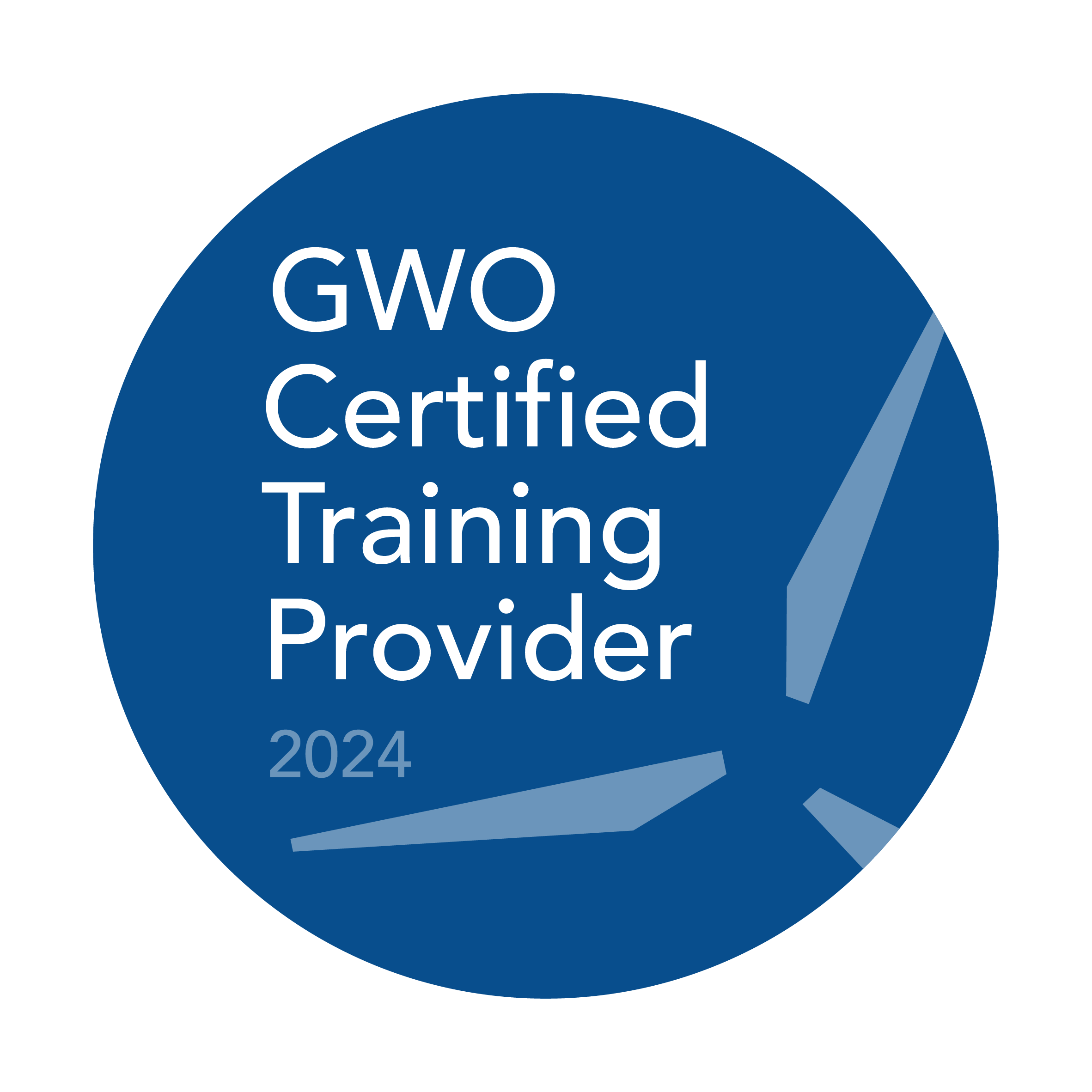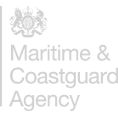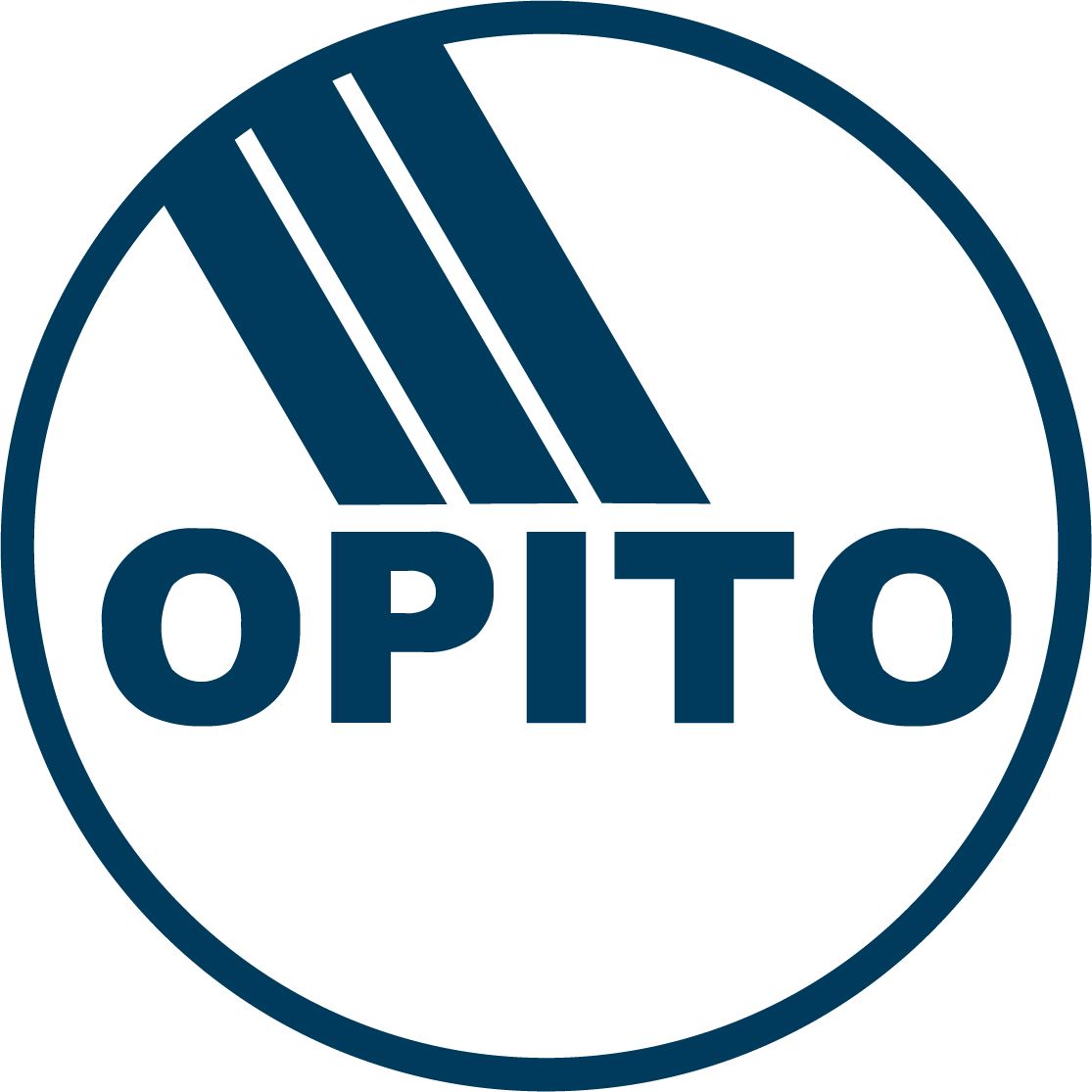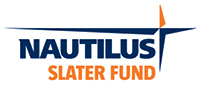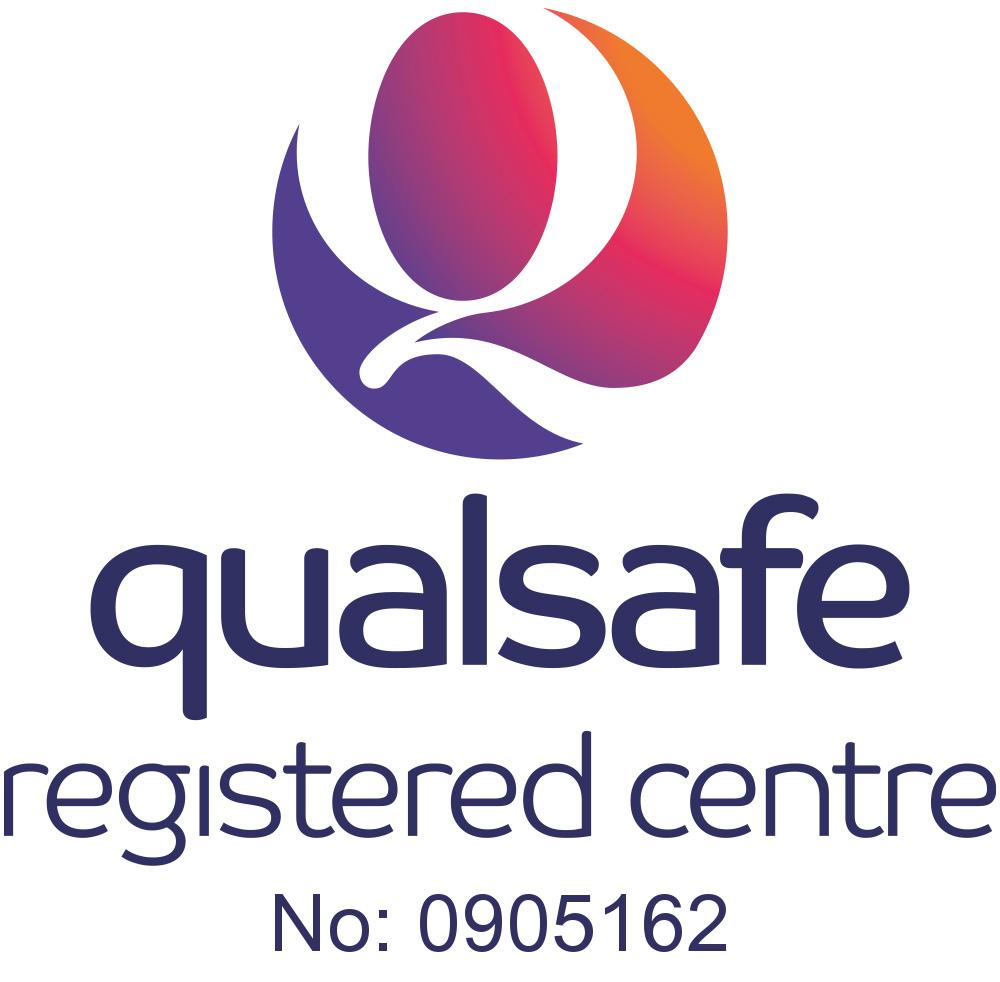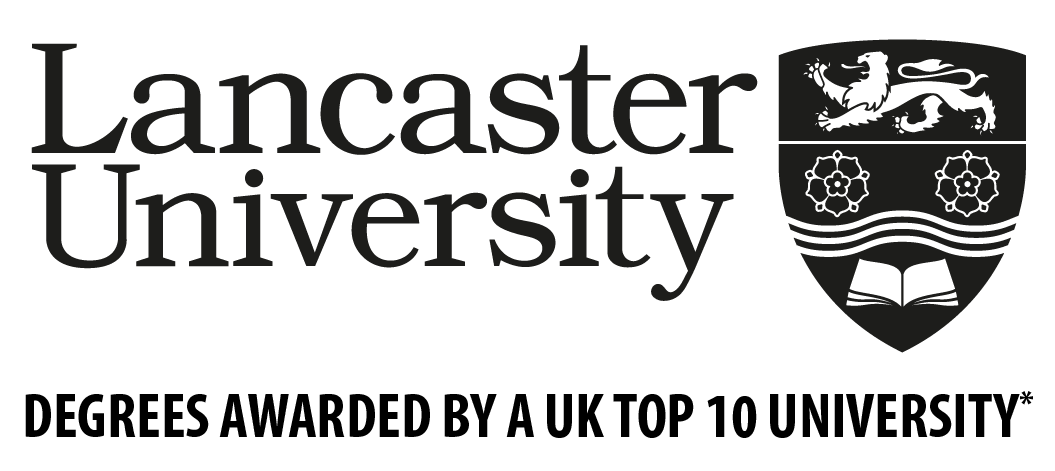Seafarer (Deck Rating) - Apprenticeship
Course Code: ON00001
Maritime and Nautical
Please contact a member of our Course Enquiries team on 01253 352 352 or email info@blackpool.ac.uk for course availability.
Course Overview
A Seafarer (Deck) Rating works as a member of the navigation department on board ships and vessels of different types and sizes, carrying out watchkeeping duties; maintaining the safety and security of the vessel, cargo and personnel on board; and undertaking a range of practical seafarer skills covering ropework, anchoring and mooring activities and operations.
- You'll work a shift rota both on your own and as part of a team
- You must be able to work safely in enclosed spaces and at heights, and respond to vessel emergencies.
- You'll administer first aid; carry out fire prevention and firefighting duties, use survival techniques in the water, and operate survival craft and rescue boats.
With this qualification you'll be able to work on any type and size of ship - anywhere in the world.
Seafarer regulations are set by the International Maritime Organisation (IMO) and are known as the International Convention on Standards of Training, Certification and Watchkeeping (STCW) and are put into effect in the UK by the Maritime and Coastguard Agency (MCA).
The Seafarer Deck Rating Apprenticeship is a job with an accompanying skills development programme under an Apprenticeship Agreement designed by employers in the sector.
It allows the apprentice to gain technical knowledge and real practical experience on board ship, along with functional and personal skills, required for their immediate job and future career.
These are acquired through a mix of learning in the workplace, formal off the job training at Fleetwood Nautical Campus and the opportunity to practice and embed new skills in a real work context.
You can download our information sheet here
Entry Requirements
Apprenticeship training programmes are available to both existing and new staff and for any age. Large employers can use their Apprenticeship Levy to pay for the training programmes also.
For existing staff this offers an ideal opportunity to up-skill and retrain for promotion, whilst for recruitment of new staff, the apprenticeship offers personnel the opportunity to earn as they learn.
Candidates must be physically fit and able to pass the ENG1 medical requirements for a Seafarer Deck Rating, including lookout duties and be committed and willing to work away from home.
If you require any assistance recruiting a new apprentice for your company, contact us 01253 504800 or email maritime@blackpool.ac.uk
To join the course, you will be required to bring:
- your passport one other form of ID (driving licence/bank card/etc.)
- Seaman’s Discharge Book (if you have already been issued with it)
- the full name and address of the company paying your fees
- original academic qualification certificates
- National Insurance details
- two passport photographs
Assessment Methods
Modules
- Functional skills in literacy and numeracy
- Employer Rights and Responsibilities and Personal Learning and Thinking Skills
- Survival in the water during maritime emergencies
- Emergency first aid in response to maritime accidents or medical emergencies
- Maritime security
- Maritime sector overview
- Maritime employment environmental health and safety practice
- Vessel fire prevention and firefighting
- Vessel ropework anchoring and mooring operations
- Assisting with and securing a vessel for passage
- Vessel construction and stability
- Basic vessel watchkeeping
- Control Operation of Survival Craft and Rescue Boats
- Enclosed Spaces
- Designated Security Duties
- Efficient Deck Hand
Assessment Methods
Assessment is via practical assessment and oral and written exams.
Teaching and Learning Methods
The apprenticeship is delivered over 5 phases, alternating College and sea phases.
The time at College will be a mix of classroom and practical training using specialist marine, fire and survival equipment.
During sea phases the delegates will have a MNTB Rating task book to complete on board training.
Industry Placement and Field Trips
Not applicable.
Other Costs and Equipment Needed
You should bring the following general study equipment with you:
- Non–programmable scientific calculator
- All necessary stationery equipment e.g. pens, pencils, paper, files
Uniform and working gear, e.g. boilersuits, safety boots and other personal protective equipment, will be supplied by your Company and may be waiting for you upon arrival. Please consult your company for advice.
Safety equipment specific to your training (e.g. lifejackets, firefighting suits, breathing apparatus, etc.) will be supplied by the college.
Expert Tutors
All staff involved in the delivery of any courses within the College are approved to teach and/or assess the subjects and modules they deliver. The approval process ensures that staff delivering and/or assessing a given programme are appropriately qualified, with relevant technical and industrial experience and professional practice.
Tuition Fees
Read our tuition fees guide.
Terms and Conditions
Read our full terms and conditions for more information.

